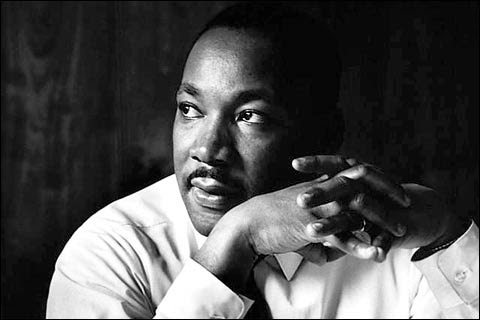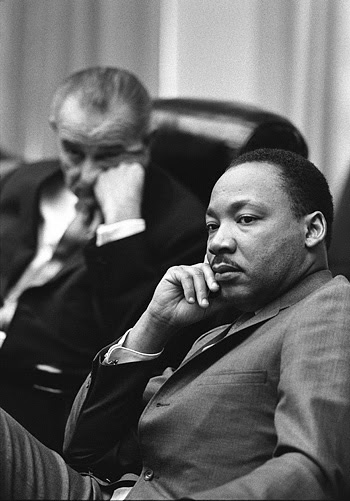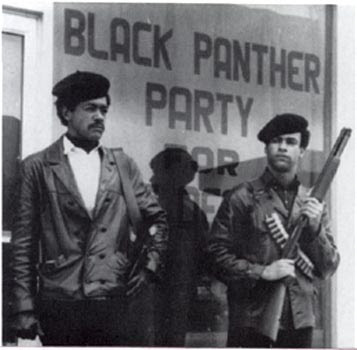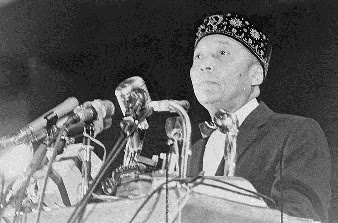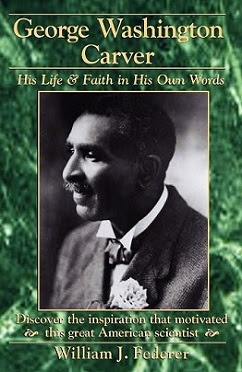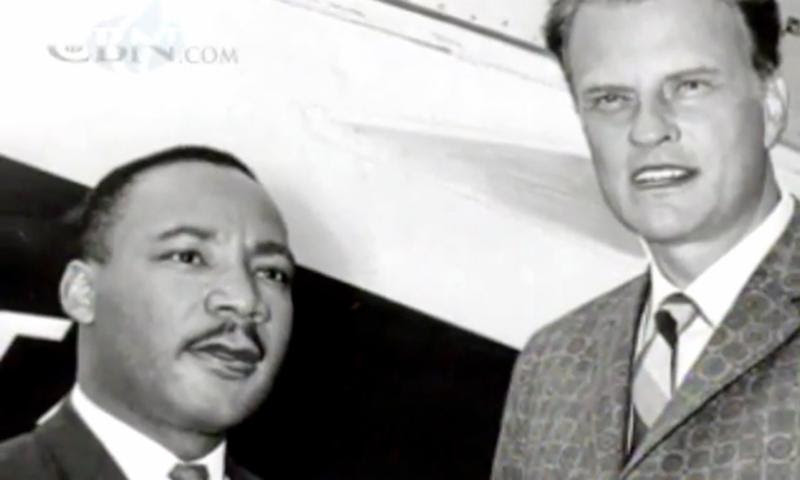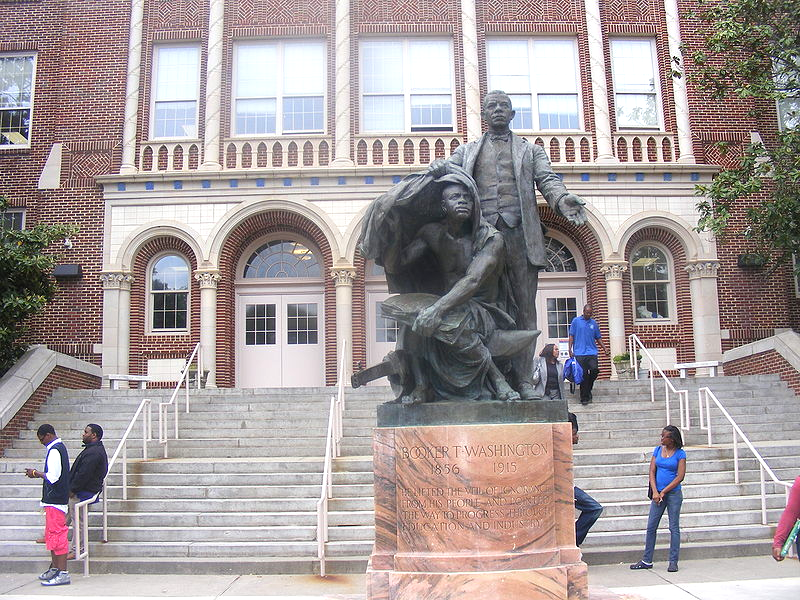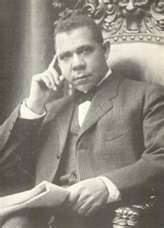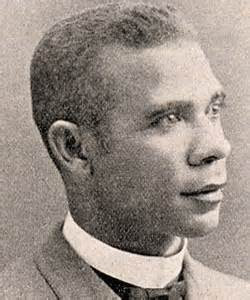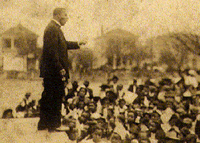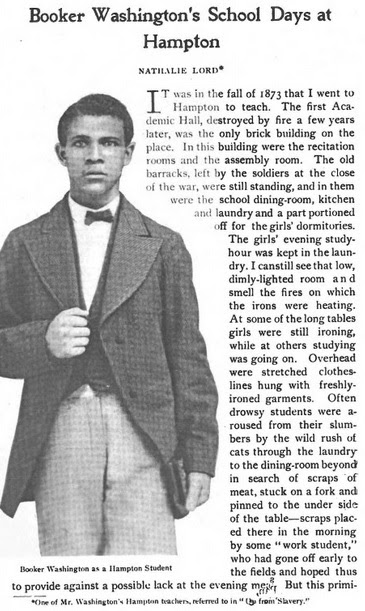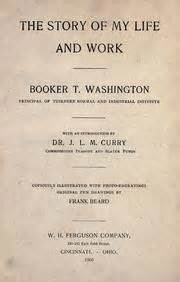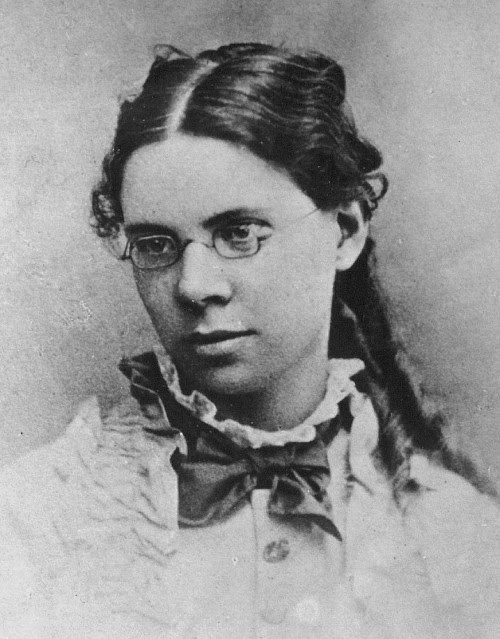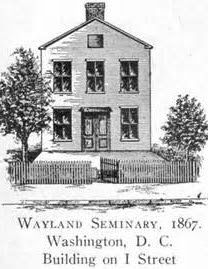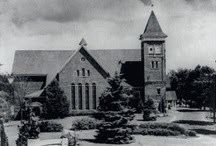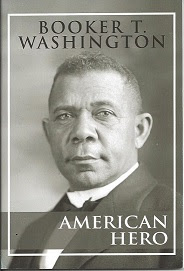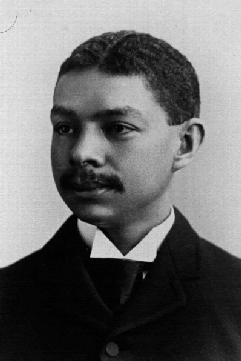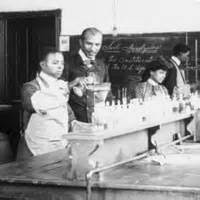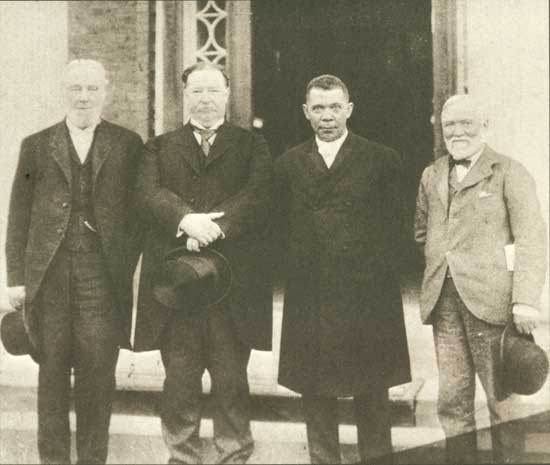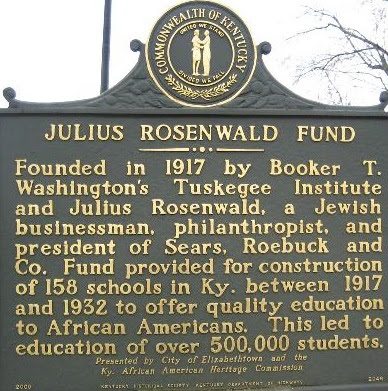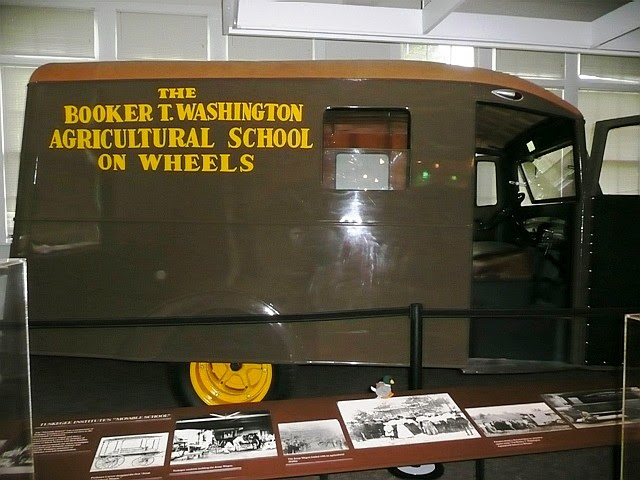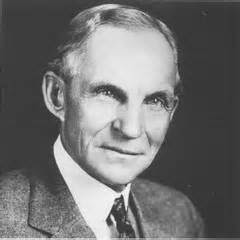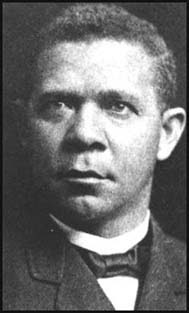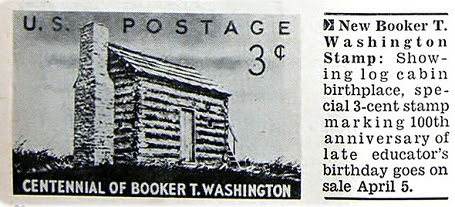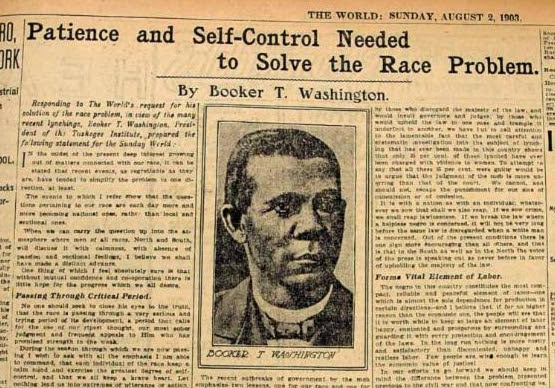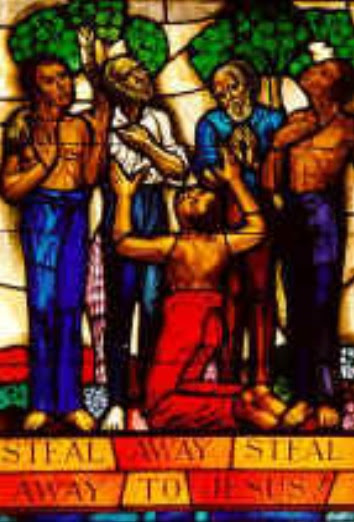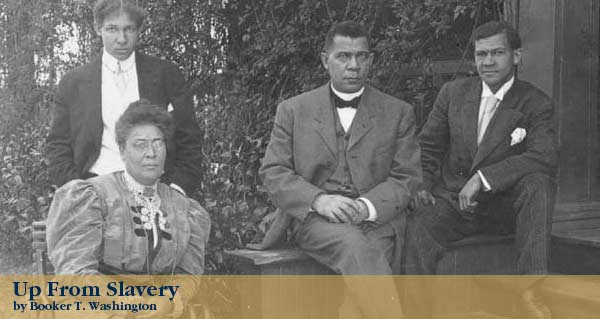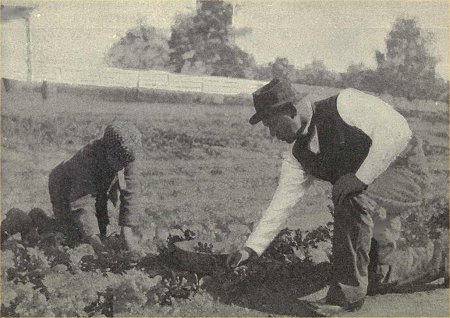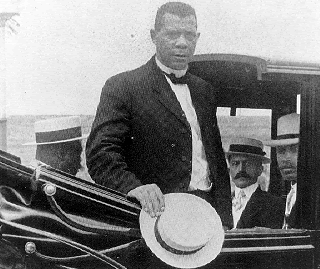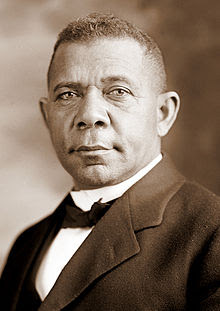“We cannot walk alone” Rev. M.L. King, Jr., Baptist Pastor – American Minute with Bill Federer
Reposted with permission
American Minute with Bill Federer
“We must not allow our creative protest to degenerate into physical violence … We cannot walk alone.”-Rev. MLK, Jr.
Reverend Martin Luther King, Jr.
, was assassinated APRIL 4, 1968.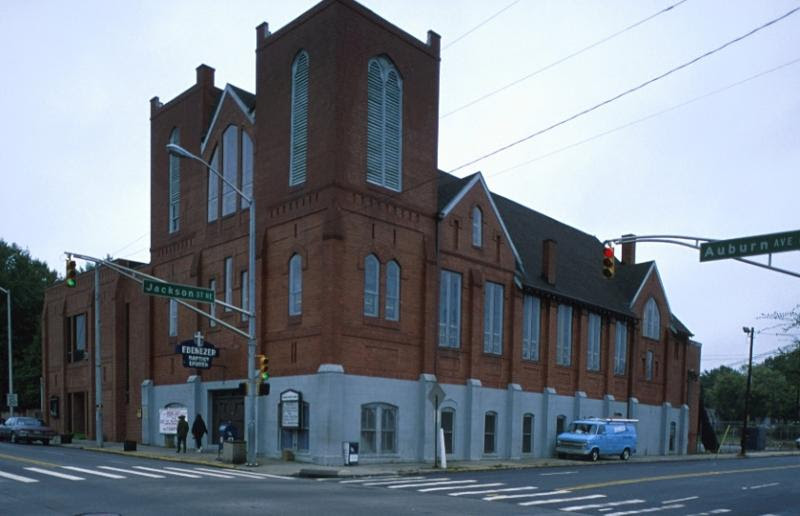
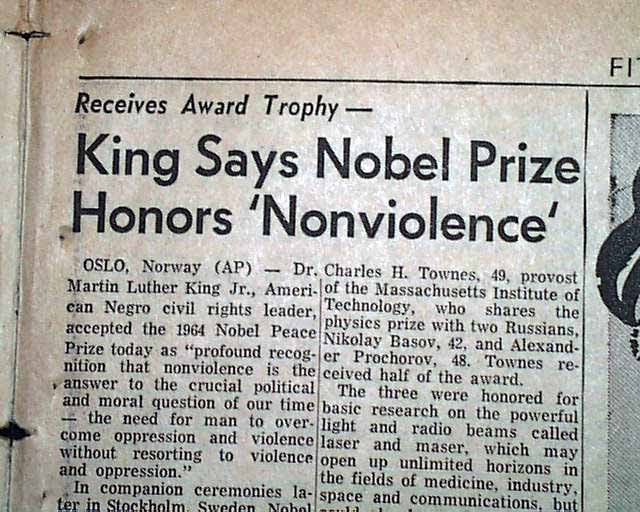
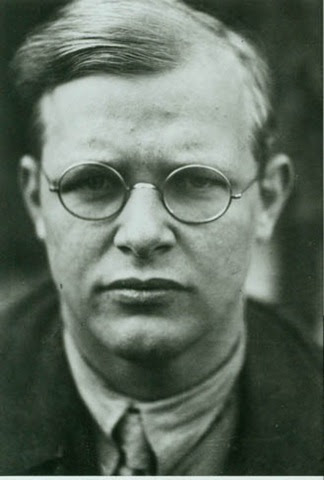
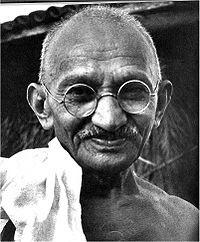
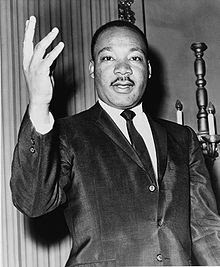
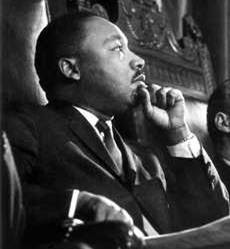
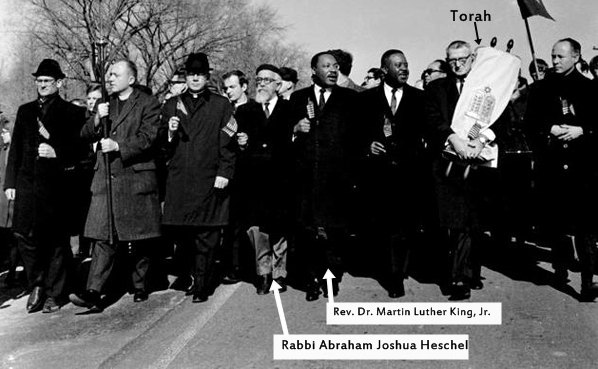
On April 16, 1963, Rev. King wrote:
“I stand in the middle of two opposing forces in the Negro community.
One is a force of complacency …
The other force is one of bitterness and hatred, and it comes perilously close to advocating violence.
It is expressed in the various black nationalist groups that are springing up across the nation, the largest and best-known being Elijah Muhammad’s Muslim movement …
I have tried to stand between these two forces, saying that we need emulate neither the ‘do-nothingism’ of the complacent nor the hatred of the black nationalist.
For there is the more excellent way of love and non-violent protest.
I am grateful to God that, through the influence of the Negro church, the way of non-violence became an integral part of our struggle.”
George Washington Carver-His Life & Faith in His Own Words
Rev. King proclaimed August 28, 1963:
“I have a dream that one day this nation will rise up and live out the true meaning of its creed:
‘We hold these truths to be self-evident; that all men are created equal.’
I have a dream that one day on the red hills of Georgia the sons of former slaves and the sons of former slaveowners will be able to sit down together at the table of brotherhood …
… I have a dream that my four little children will one day live in a nation where they will not be judged by the color of their skin, but by the content of their character.”
Martin Luther King, Jr., had attended Booker T. Washington High School in Atlanta, Georgia, 1942-44.
Booker T. Washington stated May 24, 1900:
“The men doing the vital things of life are those who read the Bible and are Christians and not ashamed to let the world know it.”
Booker T. Washington was born in a slave hut on a plantation in Franklin County, Virginia, APRIL 5, 1856.
He taught himself to read and write, stating:
“In all my efforts to learn to read, my mother shared fully my ambition and sympathized with me and aided me in every way she could.”
He attended school after working all day.
At age 16, after the Civil War had ended, Booker T. Washington walked nearly 500 miles to attend the Hampton Institute in Virginia, founded by Union General Samuel Chapman Armstrong.
Booker T. Washington stated:
“I have spoken of my admiration for General Armstrong, and yet he was but a type of that Christ-like body of men and women who went into the Negro schools at the close of the war by the hundreds to assist in lifting up my race.
The history of the world fails to show a higher, purer, and more unselfish class of men and women than those who found their way into those Negro schools.”
Graduating from the Hampton Institute in 1875, Booker T. Washington wrote in his book, Up From Slavery, 1901:
“Perhaps the most valuable thing that I got out of my second year at the Hampton Institute was an understanding of the use and value of the Bible.
Miss Nathalie Lord, one of the teachers, from Portland, Maine, taught me how to use and love the Bible …
I learned to love to read the Bible, not only for the spiritual help which it gives, but on account of it as literature.
The lessons taught me in this respect took such a hold upon me that at the present time, when I am at home, no matter how busy I am, I always make it a rule to read a chapter or a portion of a chapter in the morning, before beginning the work of the day.
Whatever ability I may have as a public speaker I owe in a measure to Miss Lord.”
Booker T. Washington wrote in The Story of My Life and Work (1901):
“Aside from Gen. Armstrong … the persons who made the deepest impression upon me at Hampton were Miss Nathalie Lord and Miss Elizabeth Brewer, two teachers from New England.
I am especially indebted to these two for being helped in my spiritual life and led to love and understand the Bible.
Largely by reason of their teaching, I find that a day rarely, if ever, passes when I am at home, that I do not read the Bible.”
Miss Natalie Lord wrote in an article for the Hampton Institution publication, The Southern Workman (May 1902):
“Booker, as we always called him … I was much interested in him from the first. His quiet, unassuming manner, his earnestness of purpose and faithfulness greatly impressed me.
I saw in him one whom you could completely trust. He was diligent in his business … and yet unselfish in his thought for others.”
Later, Booker T. Washington attended Wayland Baptist Seminary in Washington, DC.
He moved to West Virginia and worked in a salt furnace and coal mine.
In 1876, he taught school in Malden, West Virginia, where he also taught a Sunday School class at the African Zion Baptist Church.
Booker T. Washington returned to teach at the Hampton Institute.
In 1881, at the age of 25, Booker T. Washington founded the Tuskegee Institute in Alabama with 33 students.
Students not only had to learn academics, but also trade skills. They grew their own crops and raised livestock.
Booker T. Washington observed that since slaves had been forced to work so hard on plantations, once freed, some held the expectation that they did not have to work as hard, even though they benefited from it.
Booker T. Washington – American Hero
Booker T. Washington countered this by teaching:
“No race can prosper till it learns that there is as much dignity in tilling a field as in writing a poem.”
“I want to see you own land.”
“What is equally important, each one of the students works … each day at some industry, in order to get skill and the love of work, so that when he goes out from the institution he is prepared to set the people with whom he goes to labor a proper example in the matter of industry.”
“Few things can help an individual more than to place responsibility on him, and to let him know that you trust him.”
Booker T. Washington hired Robert Robinson Taylor, the first African-American architect from MIT, who graduated near the top of his class.
Students made the bricks and helped build over 100 campus building, constructing classrooms, barns, outbuildings, and in 1899, Tuskegee’s impressive chapel.
In the Spring of 1896, Booker T. Washington invited George Washington Carver to teach at Tuskegee, as he had just received his Master’s Degree from Iowa State Agricultural Institute.
Booker T. Washington became friends with the leading men of his day, including:
-President William McKinley;
-President Theodore Roosevelt;
-President William H. Taft;
-Steel industrialist Andrew Carnegie;
-Standard Oil’s John D. Rockefeller and Henry Huttleston Rogers;
-George Eastman, inventor and founder of Kodak; and
-Sears, Roebuck & Company President Julius Rosenwald.
Julius Rosenwald funded a pilot program of over 100 elementary schools, designed and operated by Tuskegee.
Rosenwald and Carnegie took a “matching fund” approach to expand to 4,977 schools, 217 teacher homes and 163 shop buildings in 15 States.
An Agricultural College on Wheels taught over 2,000 farmers in 28 States.
Booker T. Washington was thankful for rich people who supported his work at Tuskegee (Up From Slavery, 1901):
“The more I come into contact with wealthy people, the more I believe that they are growing in the direction of looking upon their money simply as an instrument which God has placed in their hand for doing good with.
… I never go to the office of Mr. John D. Rockefeller, who more than once has been generous to Tuskegee, without being reminded of this.
The close, careful, and minute investigation that he always makes in order to be sure that every dollar that he gives will do the most good — an investigation that is just as searching as if he were investing money in a business enterprise — convinces me that the growth in this direction is most encouraging.”
Booker T. Washington added:
“In the city of Boston I have rarely called upon an individual for funds that I have not been thanked for calling, usually before I could get an opportunity to thank the donor for the money …
The donors seem to feel, in a large degree, that an honor is being conferred upon them in their being permitted to give …
Nowhere else have I met with, in so large a measure, this fine and Christ-like spirit as in the city of Boston, although there are many notable instances of it outside that city. I repeat my belief that the world is growing in the direction of giving.”
Booker T. Washington was grateful for the generosity of Christian churches, as he wrote in Up From Slavery, 1901:
“In my efforts to get money (for Tuskegee Institute) I have often been surprised at the patience and deep interest of the ministers, who are besieged on every hand and at all hours of the day for help.
If no other consideration had convinced me of the value of the Christian life, the Christ-like work which the Church of all denominations in America has done during the last thirty-five years for the elevation of the black man would have made me a Christian.
In a large degree it has been the pennies, the nickels, and the dimes which have come from the Sunday-schools, the Christian Endeavor societies, and the missionary societies, as well as from the church proper, that have helped to elevate the Negro at so rapid a rate.”
As recorded in The Booker T. Washington Papers, Volume 3: 1889-1895, compiled by Louis R. Harlan, editor, (University of Illinois, 1974, page 93), he wrote:
“As a rule a person should get into the habit of reading his Bible. You never read in history of any great man whose influence has been lasting, who has not been a reader of the Bible.”
Booker T. Washington continued his description of Tuskegee Institute:
“While the institution is in no sense denominational, we have a department known as the Phelps Hall Bible Training School, in which a number of students are prepared for the ministry and other forms of Christian work, especially work in the country districts.”
He added:
“In the school we made a special effort to teach our students the meaning of Christmas, and to give them lessons in its proper observance …
The Season now has a new meaning, not only through all that immediate region, but … wherever our graduates have gone.”
Booker T. Washington-American Hero
Booker T. Washington wrote in Up From Slavery, 1901:
“When speaking directly in the interests of the Tuskegee Institute, I usually arrange, sometime in advance, a series of meetings in important centers.
This takes me before churches, Sunday-schools, Christian Endeavour Societies, and men’s and women’s clubs. When doing this I sometimes speak before as many as four organizations in a single day.”
In Up From Slavery (1901), Booker T. Washington wrote:
“While a great deal of stress is laid upon the industrial side of the work at Tuskegee, we do not neglect or overlook in any degree the religious and spiritual side.
The school is strictly undenominational, but it is thoroughly Christian, and the spiritual training of the students is not neglected.
Our preaching service, prayer-meetings, Sunday-school, Christian Endeavor Society, Young Men’s Christian Association, and various missionary organizations, testify to this …”
Booker T. Washington added:
“You may fill your heads with knowledge or skillfully train your hands, but unless it is based upon high upright character, upon a true heart, it will amount to nothing.”
One of these Bible classes was taught by Dr. George Washington Carver, who wrote to Booker T. Washington, on May 28, 1907:
“For your information only. Mr. B.T. Washington,
About three months ago 6 or 7 persons met in my office one evening and organized a Bible class, and asked me to teach it.
I consented to start them off. Their idea was to put in the 20 or 25 minutes on Sunday evenings which intervene between supper and chapel service.
We began at the first of the Bible and attempted to explain the Creation story in the light of natural and revealed religion and geological truths. Maps, charts plants and geological specimens were used to illustrate the work.
We have had an average attendance of 80 and often as high as 114. Thought these facts would help you in speaking of the religious life of the school. Very truly. G.W. Carver.”
Though Tuskegee was non-sectarian, its daily life was permeated by active religion which included Sunday preaching services and Sunday school classes, daily evening chapel devotionals and a “Week of Prayer” held for two weeks every January.
A Bible Training school was established in 1893 to prepare students for Christian ministry.
Students helped out at community churches on Sundays; ran a Y.M.C.A. that looked after the sick, needy, and elderly in the area; and staffed a Humane Society for the proper care of animals.
On May 24, 1900, Booker T. Washington delivered an address, “The Place of the Bible in the Uplifting of the Negro Race,” at Memorial Hall in Columbus, Ohio:
“No man can read the Bible and be lazy.”
Booker T. Washington-American Hero
Schedule Bill Federer for informative interviews & captivating PowerPoint presentations: 314-502-8924 wjfederer@gmail.com Â
Click to shop AMERICAN MINUTE store
Donate to American Priorities. Thank you
Archives
|
AmeriSearch, Inc, PO BOX 60442, Fort Myers, FL 33906
|
|||
|
|||
|
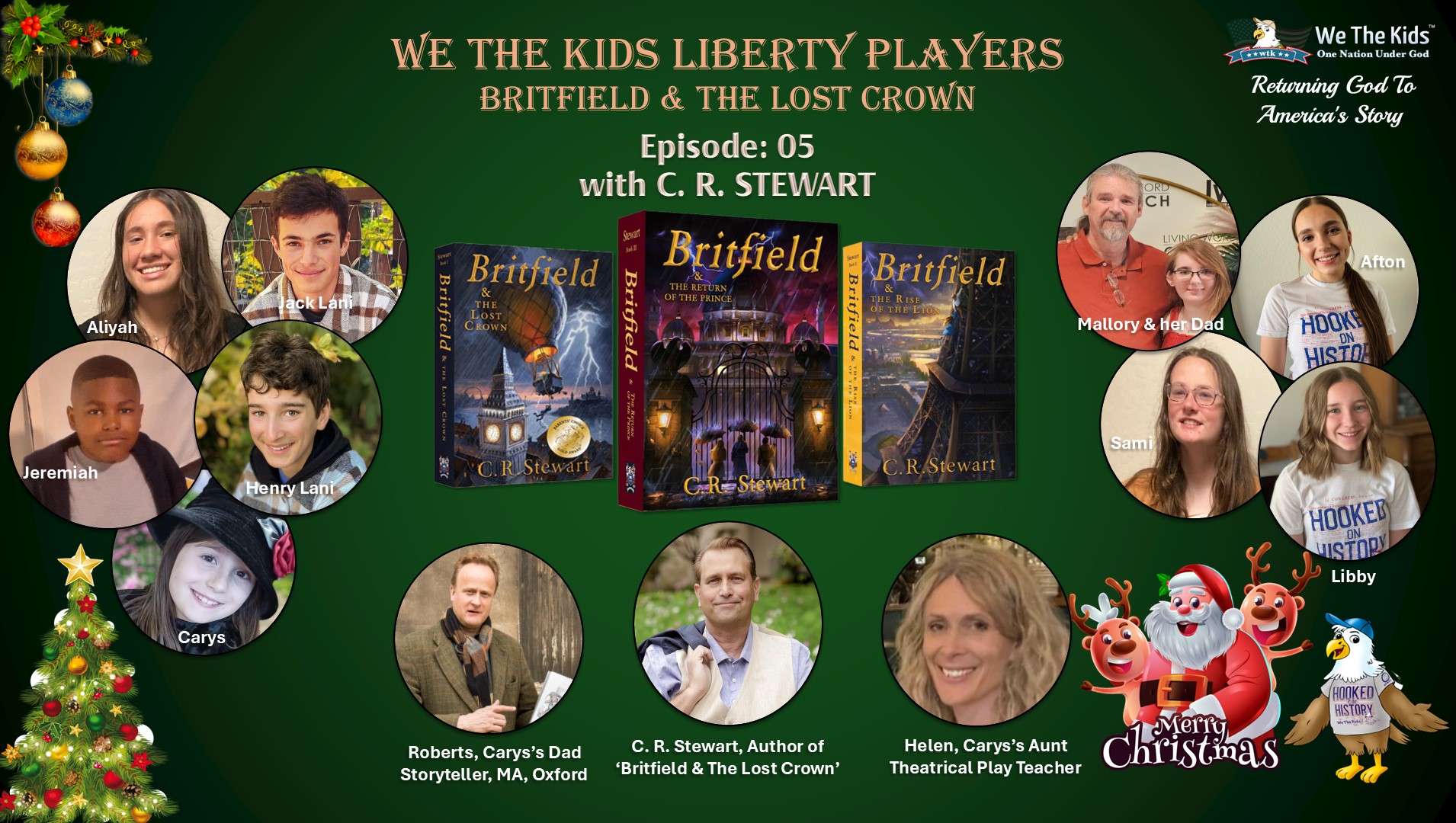 Episode 05: WTK Liberty Players and 'The Britfield & The Lost Crown' Radio Show | C. R. Stewart
Episode 05: WTK Liberty Players and 'The Britfield & The Lost Crown' Radio Show | C. R. StewartRecent Posts
Episode 02: WTK See Action News Interviewing Bob Walters
Embark on a thought-provoking adventure as WTK’s teenagers team up with the Constitutional Sheriffs & Peace Officers Association (CSPOA) in an enlightening podcast series. Dedicated to upholding the ideals that make America great, CSPOA […]
Episode 01: WTK See Action News Interviewing Bob Walters
Embark on a thought-provoking adventure as WTK’s teenagers team up with the Constitutional Sheriffs & Peace Officers Association (CSPOA) in an enlightening podcast series. Dedicated to upholding the ideals that make America great, CSPOA […]
Vivian C. “Millie” Bailey’s Legacy: WWII Veteran, Civil Servant & Fundraiser
Vivian C. “Millie” Bailey, was an American World War II veteran, civil servant, and volunteer. She was a fundraiser for education, health, and military service personnel. Bailey was one of the first African American officers […]
Why I Teach History and Why You Should Care
Historians are storytellers who, through captivating writing, construct narratives of the past using various sources, methodologies, and statistics. They don’t merely dust off old archives and declare what happened from these. Historians have a dynamic […]
Service & Dedication of Jose Garcia Acosta, A Disabled American Veteran
CLOUDS OF HEROES with all my respect, GSMC (SW) Jose G. Acosta United States Navy D.A.V.
Returning God to America’s Story: American Statesman Blog Talk Radio
In the bustling world of American media, voices advocating for the education and empowerment of the nation’s youth sometimes shine less brightly than others. However, on a recent segment of American Statesman Blog Talk Radio, […]

